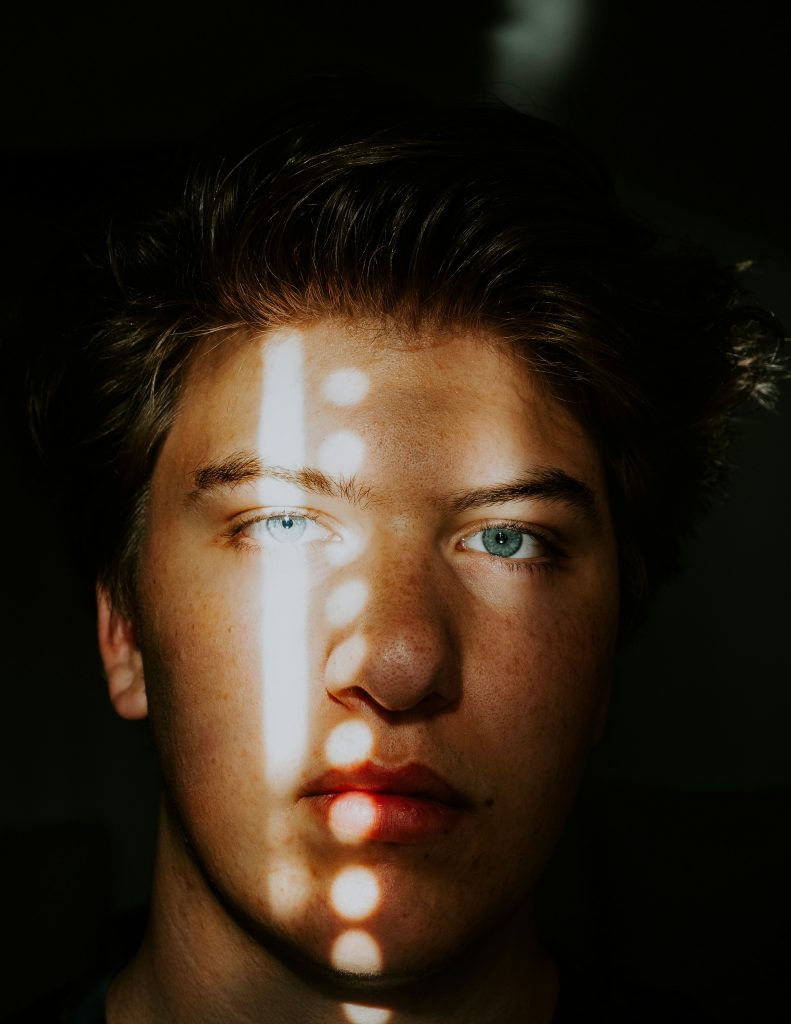Five Ways to Support Your Adult Neurodivergent Child

Image by Dmitry Schemelev
“I had no roadmap, it was just love, and a lot of trial and error.”
That is what Cynthia said when she talked about her 24-year-old son, Devon, who is autistic and learning to live more independently.
When Devon turned 18, it didn’t magically get easier. In fact, Cynthia says the hardest part came after high school. When the structure dropped away, she realized there were fewer services… and more questions than answers.
She was not sure how to help him find work, socialize, or even keep up with daily tasks. She figured it out, but not all at once, and not perfectly.
She listened, learned, and stayed close, without hovering. Today, Devon is working part-time at a local animal rescue, where he found purpose and community.
Cynthia? She says, “I still walk beside him. I also let him walk ahead sometimes.”
[Source: Autism Parenting Magazine]
https://www.autismparentingmagazine.com/adult-autism-transition-strategies/
If you are parenting an adult child with neurodivergent, ADHD, dyslexia, or other neurodivergent needs, you probably feel like you are building the plane while flying it.
There is no manual to help you along the journey, but just love, worry, hope, and a lot of questions that keep you up at night.
Will my children ever be independent? Will they be safe? What happens when I am no longer here?
Maybe you find the hardest question to be
Am I doing enough?
This blog will not fix everything. However, it will give you five doable ways to support your adult neurodivergent child while honoring your limits, too.
You are not only parenting. You are also guiding, and you do not have to do everything by yourself.
You are not fixing your child.
You are helping them live a life that feels right for them.
If your children find something that lights them up, such as a rhythm that works or people who get them included, you will feel less like a lifeguard and more like a lighthouse.
Five Ways to Support Your Adult Neurodivergent Child

Image by Matthias Oberholzer
- Let Them Have a Voice in Their Life. Start with listening, then ask, “What do you want?” Even if they struggle to answer, keep asking gently. Please support them in making decisions, even small ones. Autonomy builds confidence. Guide, don’t control. Your child needs space to grow.
- Prioritize Practical Life Skills Over Fixing. Instead of focusing on what they can not do, build on what they can. Budgeting, hygiene, cooking, managing schedules… These are crucial. Devon could not manage a planner, but he could use Alexa to remind him about daily meds. That is a win.
- Connect, Do not CorrectMany neurodivergent adults feel like they are always being managed. Flip the script, share interests, and watch your child’s favorite shows. You can even cook together, find joy in the connection, and not the correction. “I like being around you” means more than “You did that right.”
- Build a Circle (Not a Safety Net). You do not have to do it all by yourself. Find a therapist who gets it. Join a support group (online counts). Connect with other parents to help your child build safe adult friendships and mentors. You were not meant to carry this all yourself
- Do not Lose Yourself. This one is hard, but you matter too. You need joy and rest to refresh. You do not have to be on 24/7 to be a hero parent. Cynthia started painting again. She says, “It gave me something more than being a mom. Strangely, that made me a better one.”
Your Next Step as a Hero Parent
To support your adult child it does not mean solving everything.
It means you need to show up with love, curiosity, and some tools that work.
Here’s the plan:
- Pick one of the five areas.
- Make one small change this week.
- Celebrate the progress, no matter how tiny it feels.
You should know this is not a race. Your children need you as you are.
That makes you a hero.
You may not see it at the moment. One day, your child will look back and say, “I am where I am today because my parents never gave up on me.” With that? That is more than old
Do you know of any other ways to support a neurodivergent adult child? Please share them to support a parent.




